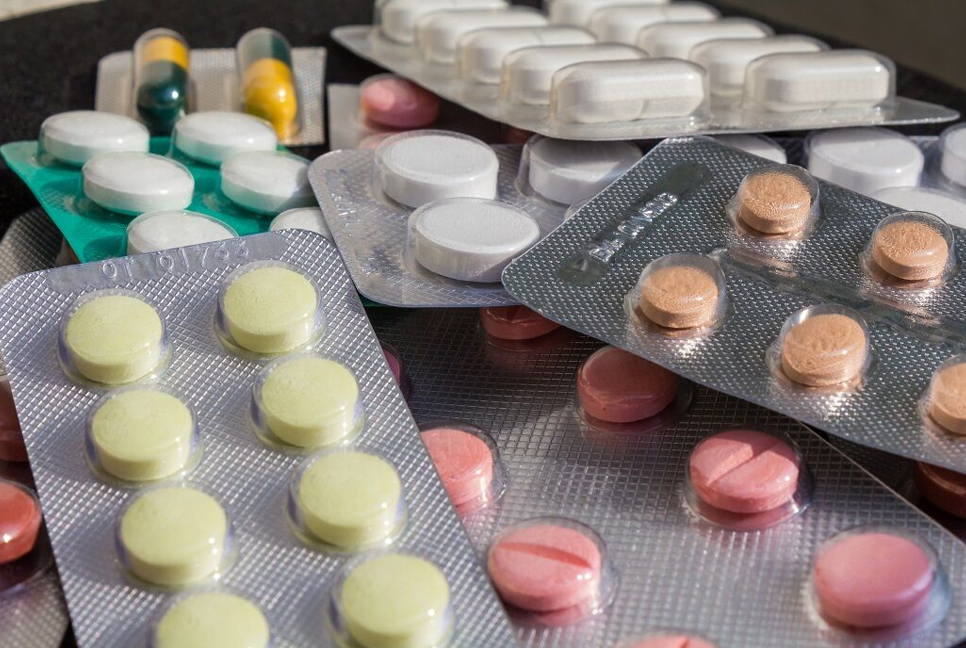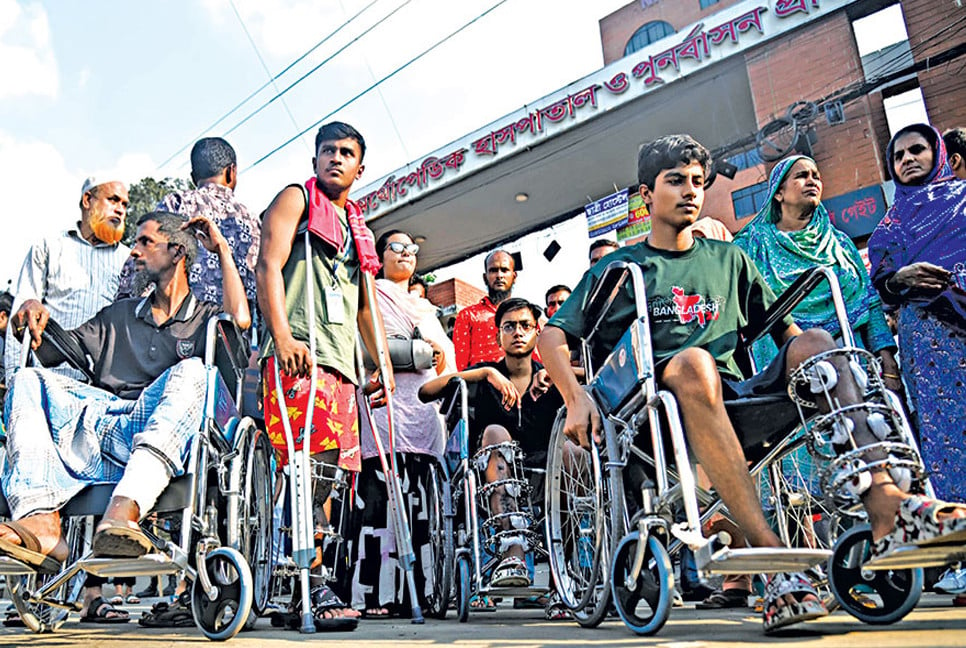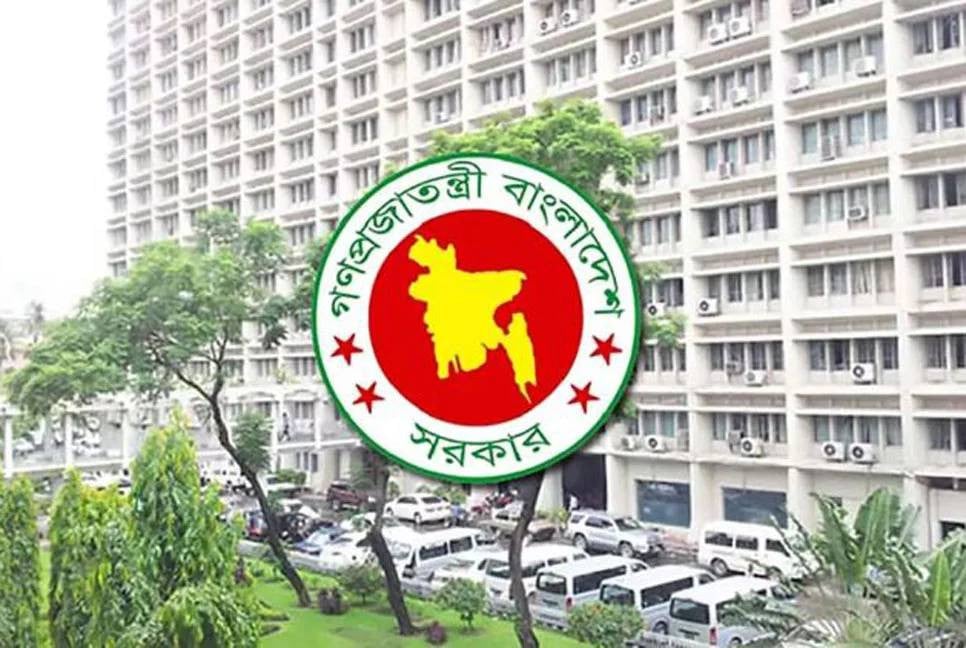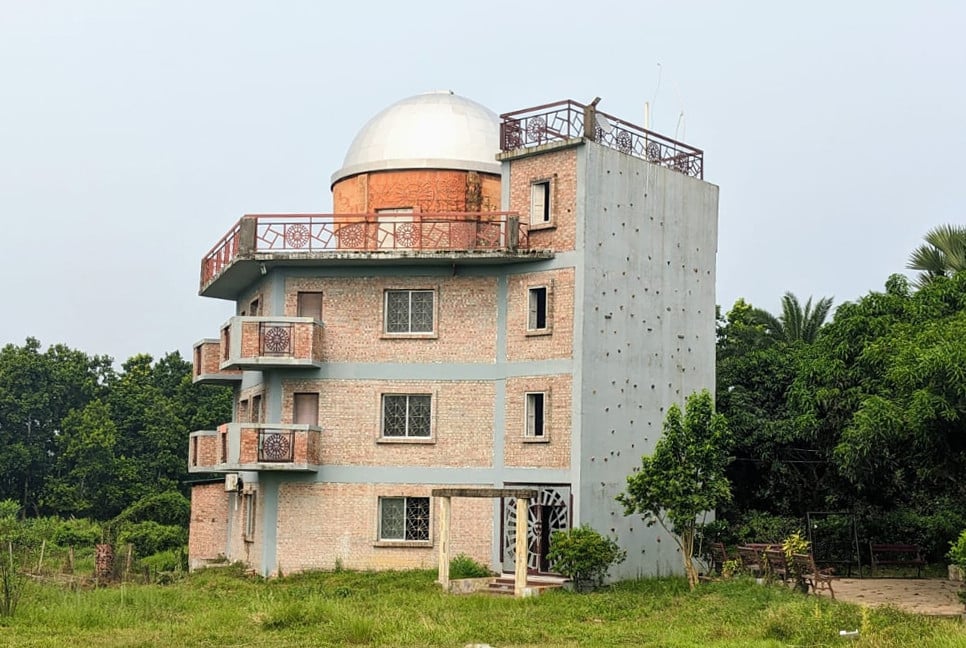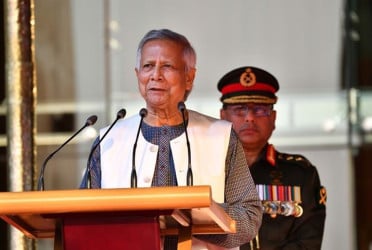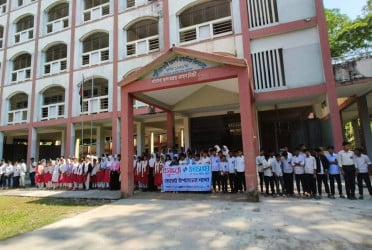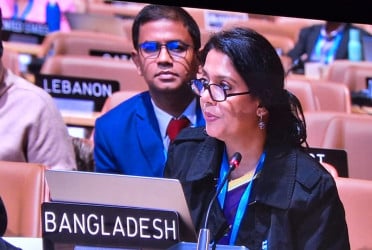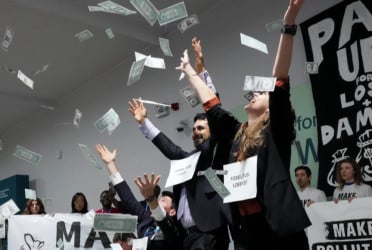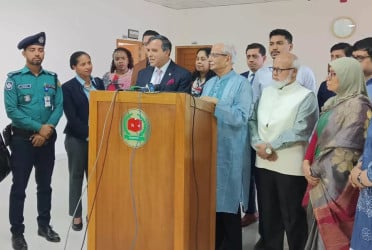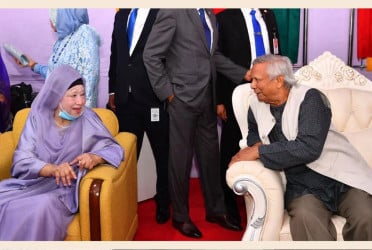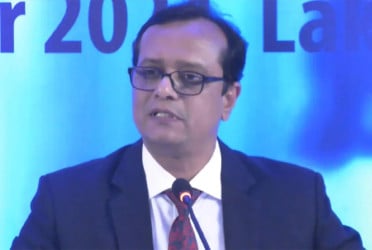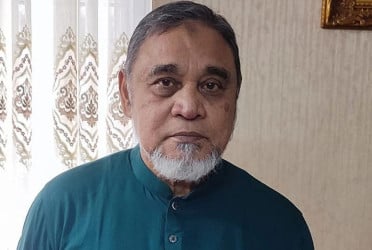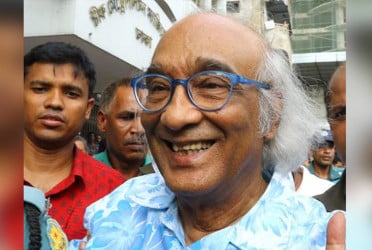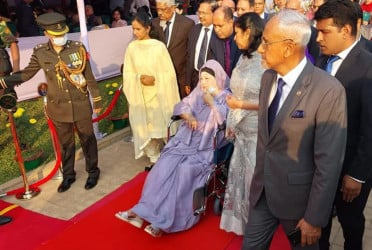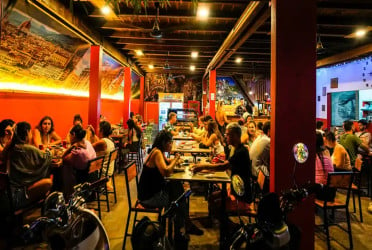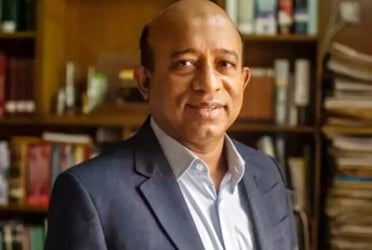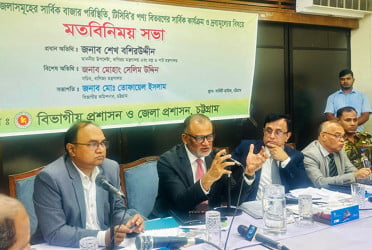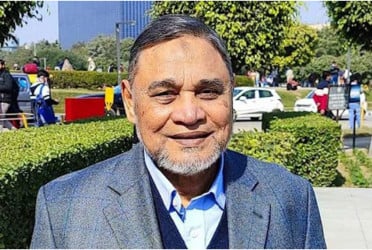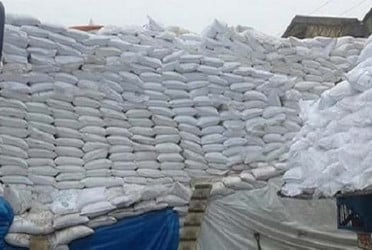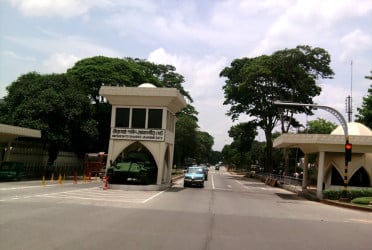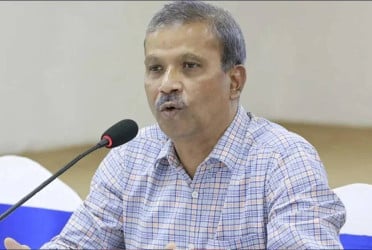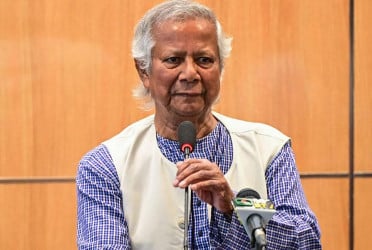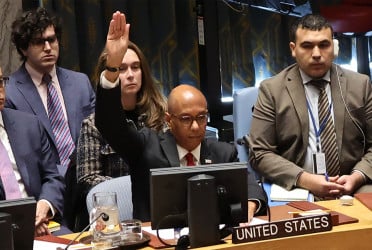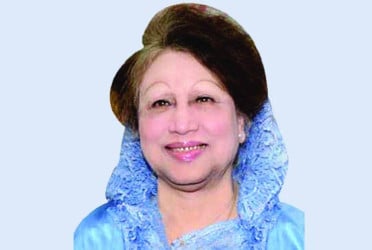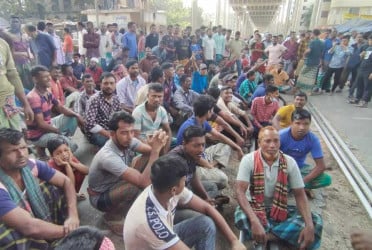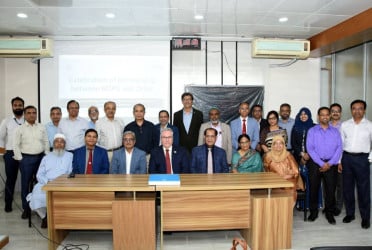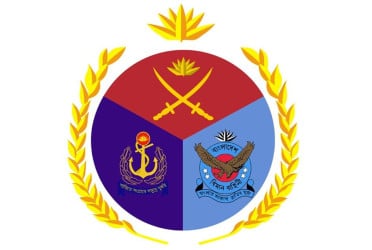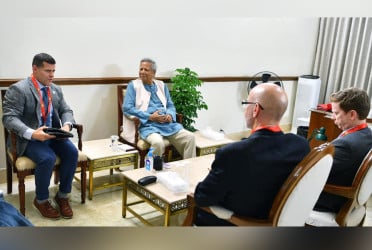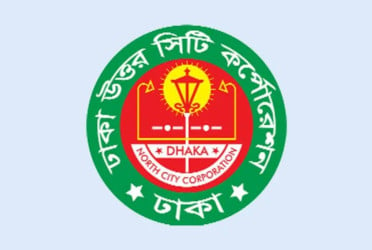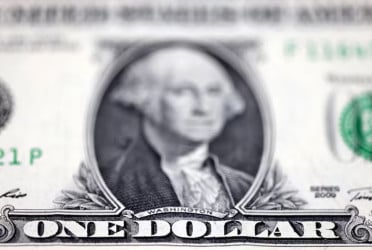The cost of essential goods continues to surge uncontrollably, with pharmaceutical companies citing factors such as the strengthening dollar and escalating prices of raw materials in the international market as drivers behind plans to raise medicine prices.
This upward trend in medicine costs significantly burdens patients, particularly those reliant on life-saving medications for non-communicable diseases, necessitating regular consumption.
Over the past two years, a series of price hikes have been witnessed across various medicine categories, sparking renewed competition in price adjustments. In 2022 alone, prices of essential drugs used to manage conditions like high blood pressure, diabetes, paracetamol, and antibiotics surged by 13 to 75 percent.
Last May, six leading pharmaceutical companies in the country unilaterally increased prices by 10 to 50 percent for 234 life-saving medicines. Despite these substantial hikes, the Department of Drug Administration has yet to publish any official notifications regarding the matter.
Nurul Alam, deputy director of the Directorate General of Drug Administration told Bangladesh Pratidin, “About 25 thousand of 1 thousand 650 generics are operating in the drug market of the country. Of these, 460 drugs of 117 generics are fixed by the Drug Administration. Other companies calculate the cost and propose a price. We adjust prices inclusive of VAT. I have heard the initial discussion of price increase by pharmaceutical industry association. But they have not yet made any such appeal to us. If they apply, the Department of Medicine Administration will determine the reasonable price according to the rules, considering the interests of consumers and institutions.”
According to inquiries in the capital's pharmacies, fexofenadine has increased from 8 taka to 9 taka per piece. Azithromycin per piece increased from Tk 35 to Tk 40. Montilukast has increased from Tk 16 to Tk 17.50 per piece. The price of vitamin B1 B6 B12 per piece has been increased from Tk 7 to Tk 10 in two steps. The price of Esmiprazole per piece has increased from Tk 5 to Tk 7.
The price of 10 pieces of paracetamol 500 mg has increased from Tk 8 to Tk 12. The price of Paracetamol 665 mg 10 pcs drug has increased from Tk 15 to Tk 20. The price of paracetamol syrup has increased from Tk 20 to Tk 35. The price of Amlodipine Atenolol 5mg has been increased from Tk 6 to Tk 8. The price of Bromazepam 3mg has been increased from Tk 5 to Tk 7. It used to cost 50 taka to buy 10 pieces, now it costs 70 taka. Aspirin 75 mg cost per sheet of 10 pieces was 5 taka now 8 taka.
The annual average cost of medicines is about 35 thousand crore Taka. Only 6 percent are available free from government hospitals. These facts have been revealed recently in the study of the health economics unit of the government.
Renu Begum, a resident of Sherpur, she has been suffering from cancer for two years. Medicines cost about 5-6 thousand taka per month. Her daughter Ruby Akhter said, “I work in other people's houses and pay for my mother's medicine. Earlier, 3-4 thousand taka of medicine used to last a month. Due to the increase in the price of medicine, the cost is now about 1500 taka more. Many times I can't raise the money for medicine after meeting the cost of living and eating.”
Zakir Hossain Rony, director of Bangladesh Chemist and Druggist Samity told Bangladesh Pratidin, “When customers come to buy medicine, they ask us why the price is high? But the pharmacy owners did not increase the price, the company increased it. There is nothing we can do if we increase the MRP rate. The drug administration should keep the market and the consumer in mind while increasing the price of drugs.”
SM Shafiuzzaman, secretary-general of the Bangladesh Association of Pharmaceutical Industries told Bangladesh Pratidin, “Earlier, the cost of opening an LC for the import of raw materials for medicine was 80 taka per dollar. Now the dollar price has reached 130 taka. The price of raw materials in the international market has also gone up. So far, despite the financial loss, the production companies have not objected. Now it is difficult for the organization to survive without increasing the price of some medicines. If the cost cannot be met, the company may stop producing the drug. Then the crisis will arise.”
He further said, "We have had a meeting with Prime Minister's Private Industry and Investment Advisor Salman F Rahman. The price of medicine was discussed. But no decision has been made yet.”
(The report was published on print and online versions of The Bangladesh Pratidin on February 8 and rewritten in English by Tanvir Raihan)

